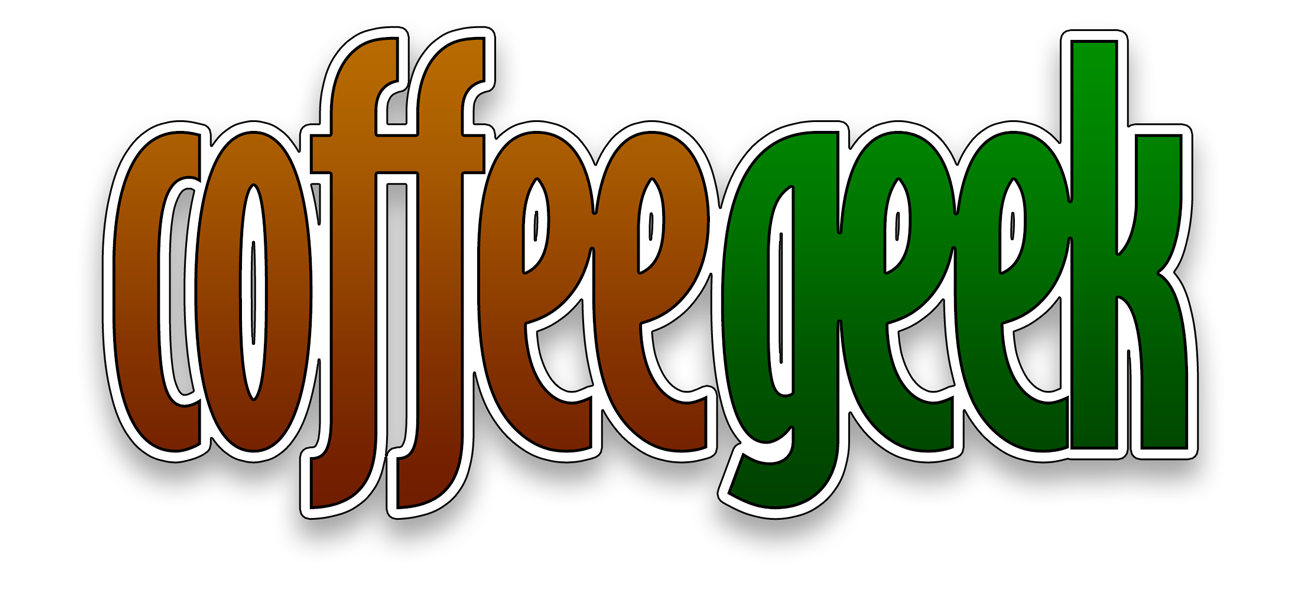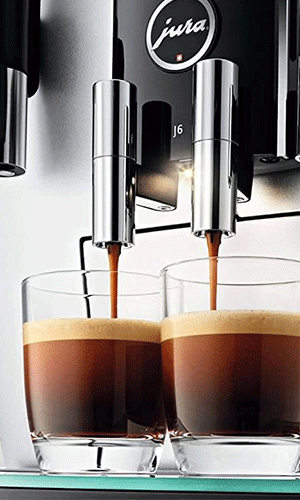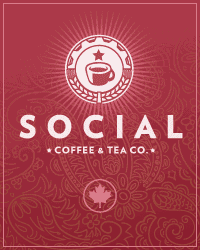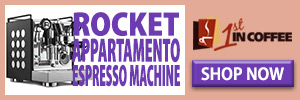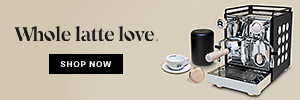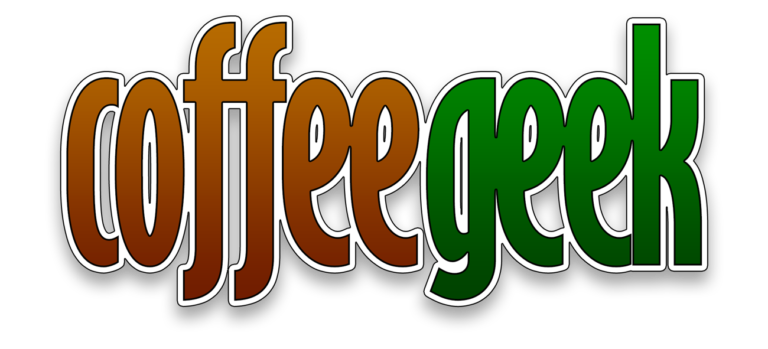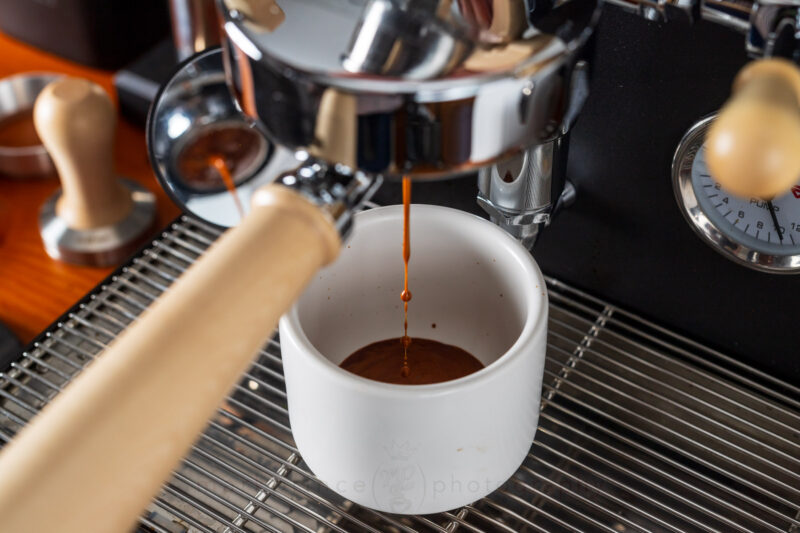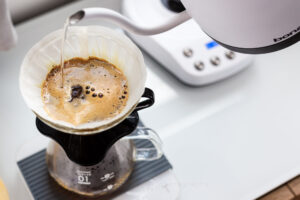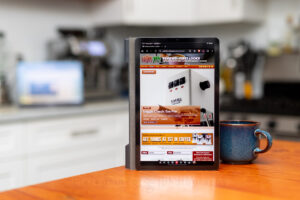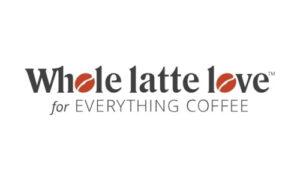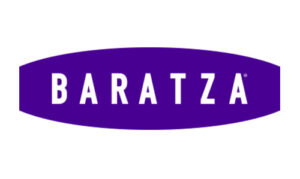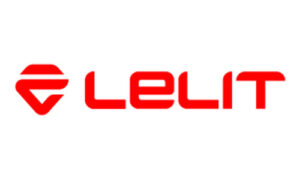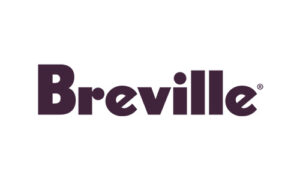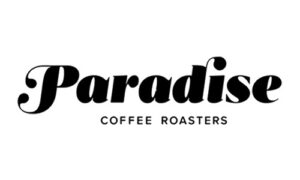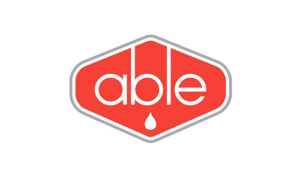As a coffee consumer, you have a staggering amount of choice in the market. You can choose from among any number of brands, varieties, roasts, and flavors. Because of how coffee is grown and sold, these choices can affect economies and ecologies around the world. This article covers coffees that are easier on the environment, and coffees that pay more to the coffee growers.
The coffee industry has developed some certifications and designations to help you make better informed choices in the marketplace. If you want to start making more careful choices about the coffee you’re buying, this information will be useful for you.
Environmental Impact
Coffee is farmed in over 80 countries around the world. The coffee growers in each location are choosing ways to farm that they believe will yield the best results. Sometimes they use chemical fertilizers and pesticides. They also sometimes clear the land of trees and arrange the coffee plants in rows. Over the last century growers have used both of these techniques to increase the yield of coffee. The environmental cost for this increase in yield is a loss of natural habitats for animals, and the introduction of chemicals into the regions and food supply.
If you want to support sustainable ways in which coffee is grown, you can choose Shade Grown and/or Organic certified coffees. Growers pay to be inspected and for the right to use the certification logo. These coffees cost a bit more, but it’s a way for coffee growers to maintain their profits without resorting to these higher-yield methods. Keep in mind that many growers are in compliance with the guidelines, but can’t or won’t pay the price for certification.
Shade Grown / Bird Friendly
Shade Grown or Bird Friendly coffee refers to farms where trees are present above the coffee plants, providing a home for birds and other animals. A common technique for increasing yield of coffee is to remove the trees which grow above the plants or to clear the land and plant the coffee in rows. The drawback is that the birds and other animals which used to live in the area are forced to move. Coffee grown in the shade is considered by some to taste better, due to extra ripening time. Shade Grown coffee is also usually grown organically, without pesticides or chemicals. One of the certifying bodies for Shade Grown coffee is the Smithsonian Migratory Bird Center.
Organic
An organic farm is one that doesn’t use chemical pesticides or fertilizers, and instead tries to use natural means to increase the yield of crops. Organic farming produces food that is free of pesticides, so many people feel safer eating it. Chemical fertilizers can include hormones, and can be hard on the environment around the coffee farms. Organic coffee is often also shade grown, since those farms are operating in a traditional environment. Many coffee farms practice organic farming, and some of them go on to become certified. Two of the organizations currently providing this are Organic Crop Improvement Assocation (OCIA) and The Demeter Association.
Economic Impact
The coffee market has been in a slump for the last few years. There is more coffee in supply than there is a demand for it, and the price has dropped below the point where many coffee growers can afford to keep going. On November 11, 2002, Mexico destroyed 8.4 million pounds of coffee to reduce the surplus and stop falling prices.
As a consumer there are several things you can do to affect global markets. The important part is to pay a little attention to where your money goes. Major movements to address the economic impact of coffee prices are relationship coffee, Far Trade coffee, and fairly traded coffee.
Relationship Coffee
Relationship Coffee is a term used to describe when an importer or roaster is in direct communication with the coffee growers. The coffee growers talk directly with the importer, and then connect through the importer to the roaster. It’s one or two steps between the producer and seller; there are no large distributors involved. This allows importers and roasters, through their day-to-day dealings, to have an impact on the welfare of coffee growers. Many importers work closely with coffee growers. They have a personal investment in high quality coffee and work for fair prices for the growers. In many cases the roaster and growers are making their own deals, allowing the growers to set fair prices. This arrangement also allows the importers and roasters to closely monitor quality.
There is no certification or logo for relationship coffee, so when shopping for relationship coffee you should ask about the closeness of the relationship between the growers and seller.
Fair Trade / Transfair
Transfair is an organization dedicated to insuring that coffee growers receive a fair price for their crop. The growers form into cooperatives and become Fair Trade certified by Transfair. Coffee importers and distributors can also become certified, which means they agree to pay to use the logo, pay the Fair Trade price, and support outreach. The growers are guaranteed to receive $1.26 per pound of coffee ($1.41 for organic), or $.05 over current market price. This system seems to be working — Transfair has many accounts of growers making enough profit to upgrade their equipment and processes. Some of the profit is used for housing, healthcare, and education for the families of the co-op. There are 300 Fair Trade cooperatives, representing 550,000 farmers and their families. Some large coffee roasters (Starbucks, Peet’s, Seattle’s Best) have signed on with Fair Trade certification and will offer that option to consumers.
All the participating growers receive the same price, but there is a large variance in the quality of the coffees. As a buyer this means you can’t use the Fair Trade certification as an indication of quality. Also, the growers must join into co-ops to participate, leaving independent growers out.
Two links to check out are TransfairUSA and Transfair Canada.
Fairly Traded
Fairly Traded is a term used to describe coffee for which a fair price has been paid. It is distinct from Fair Trade and has no certification or logo to go with it. Many importers have close relationships with their coffee growing clients and will work hard to pay a fair price. Also roasters who know how much the coffee growers were paid may refer to their coffees as fairly traded. If you see this term used, be sure to ask what they mean by “fair”. The Fair Trade price of $1.26 per pound is a good guideline.
That’s a brief overview of the types of “ethical coffees” you may come across when you’re out shopping. Here are a few other things to consider…
Can Ethical Coffee be Specialty?
Specialty coffee is defined by quality, specifically that it consists of top grade 100% Arabica beans. One point of conflict that arises over “ethical coffee” programs is the lack of quality control. None of the certifications mentioned above have standards for quality. Specialty coffee can be “ethical” when the seller researches the origins of their beans to find out if environmental and economic guidelines were followed. Many coffee sellers put in the extra effort of research as well as quality control, so as a buyer you’re more likely to encounter good tasting “ethical” coffees at specialty coffee establishments.
Quacks Like a Duck
It’s important for you to know that a coffee with no certifications or logos may be as “ethical” as one with. It can be hard for the growers to afford the certifications, even though they are within all the guidelines. If you want to be sure you’re choosing a coffee you can feel good about, ask questions and do a little research.
More and more retailers are carrying these “ethical” coffees. As a consumer who wants to make a difference, a little effort can go a long way.
